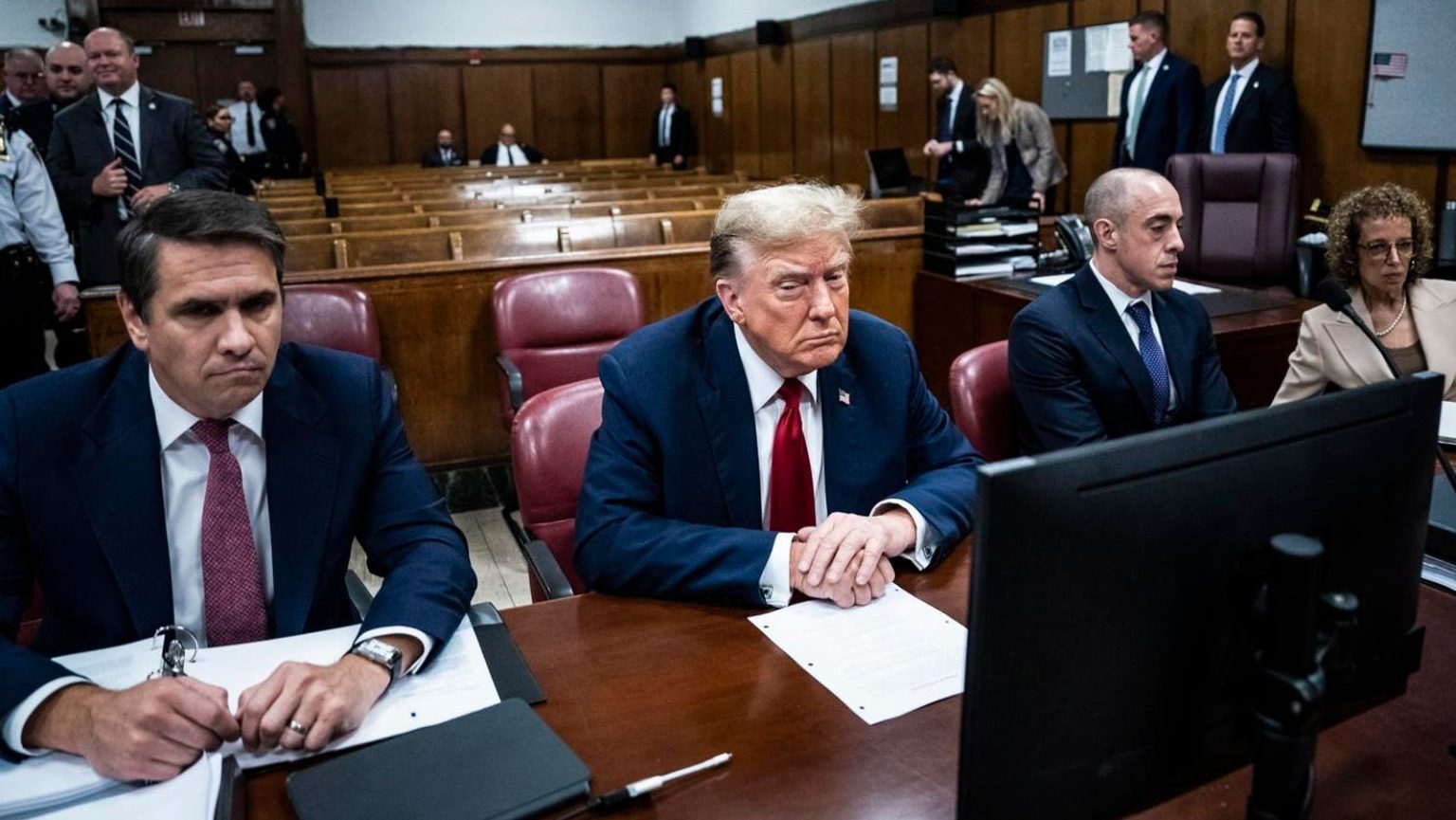Former President Donald Trump’s defense in his criminal trial is being funded by his supporters, as Federal Election Commission filings show his PAC Save America has paid millions to the law firms representing him in the case involving hush money payments. The two main lawyers representing Trump at his trial, Todd Blanche and Emil Bove, have been paid approximately $4.9 million by Save America since April 2023. It’s unclear how the funds were split between the two lawyers, and Blanche is also representing Trump in his two other criminal cases in federal court.
Additionally, Trump’s attorney Susan Necheles, who previously represented the Trump Organization in a criminal tax fraud case, has been paid approximately $1.7 million by Save America for her services. In total, Save America has paid approximately $6.6 million to the law firms representing Trump in his hush money case as of April. Notably, Trump still owed the law firm $837,376 as of the end of April, according to the FEC filings.
Since his indictment in Manhattan on March 30, 2023, Save America has spent more than $50 million on legal fees for Trump’s various criminal cases. This amount includes payments to lawyers representing Trump in other cases beyond the hush money trial. The PAC has paid other lawyers, such as Christopher Kise, Clifford Robert, and Alina Habba, approximately $7 million or more each, as shown in FEC filings.
Trump’s hush money trial is expected to go to the jury next week, with closing arguments scheduled for May 28. It remains unclear how much Trump and Save America are paying Blanche, Bove, and Necheles during the trial in May, as the spending for that month will not be reported to the FEC until the end of June. Blanche’s representation of Trump has come under scrutiny during the trial, particularly regarding a hearing in April where the attorney faced tough questioning from Judge Juan Merchan over a gag order violation.
Trump has been indicted on 34 felony counts related to reimbursing Michael Cohen for payments made to Stormy Daniels before the 2016 election to cover up allegations of an affair. The payments were allegedly falsely labeled as legal expenses. Trump has pleaded not guilty to the charges, and his lawyers argue that the reimbursements were personal expenses, not business payments. Trump’s use of donor funds to cover his legal expenses has raised questions about the ethics of utilizing campaign finances for legal defense.
Campaign finance experts have noted that Trump’s fundraising for legal expenses falls within a gray area of campaign finance law, but enforcement by the FEC is generally lax. The ex-president has faced criticism for using his supporters’ donations to pay his legal bills, with Save America being a significant source of funding for his defense. Despite these controversies, Trump’s legal team continues to represent him in his ongoing criminal cases.


